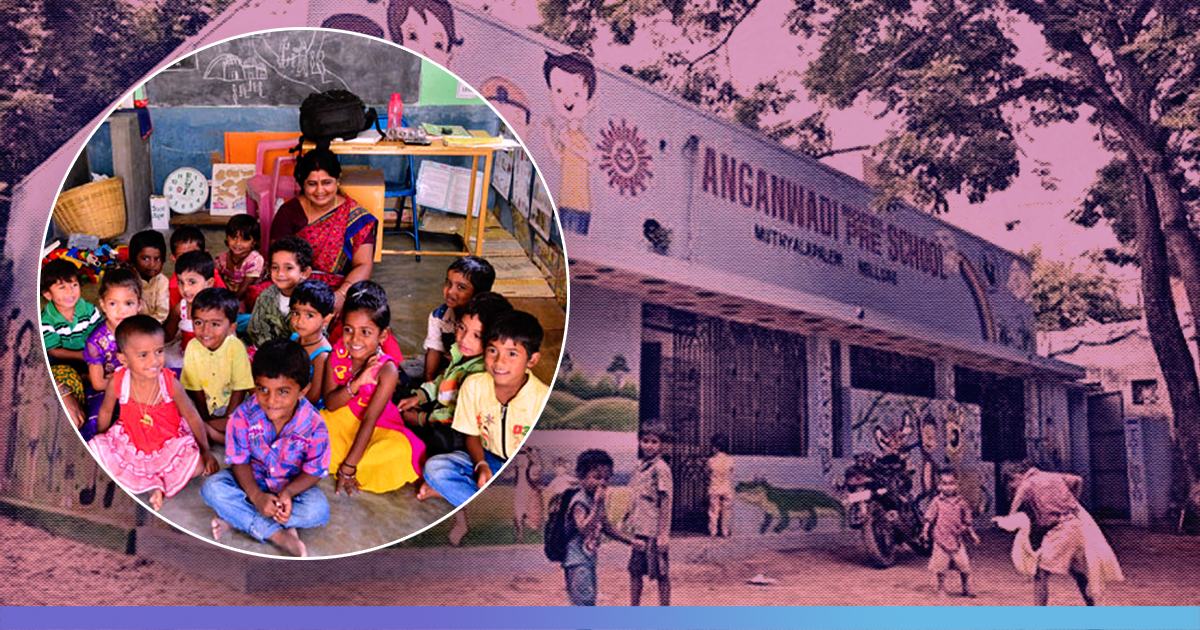With Draft National’s Education Policy proposal of expansion of Right to Education Act, Indian children could soon enter the formal education system at the age of three. The Expansion in the RTE act will cover three years of preschool before class 1, reported The Hindu.
In Addition to the expansion to RTE, the draft policy also advocates for regulation of ‘early childhood education’ as a part of the school system, by the Ministry of Human Resources and Developments (HRD).
As of the current scenario, early childhood education is being overseen by private pre-schools and Anganwadis, for the 3 to 6 years age group.
Keeping in mind its effect on the current Anganwadis system, an inter-ministerial task force will be working on a roadmap for a smooth transition by the end of 2019. The Ministry of Women and Child Development (WCD) has been overseeing the Anganwadis system for over 4 decades now.
The official word from Ministry
“The HRD Ministry is in the early stages of assessing the implications of such a move. Additional costs will come in the form of teacher recruitment and training, infrastructure and learning materials, as well as nutritional aspects (including the proposal to provide breakfast to young children),” said Ministry officials.
How have the Anganwadis fared?
Started way back in 1975, Anganwadis have done a commendable job to empower the rural child. As of 2013, around 13.3 Lakhs of Anganwadis were operational, providing supplementary nutrition, pre-school education, nutrition and health education and health checkups.
The Draft policy has resultantly praised Anganwadi’s contribution to the health and nutrition sector, but they also believe that education has still not been up to the mark.
What does the draft policy say?
“While providing some essential cognitive stimulation, play, and daycare, most Anganwadis have remained relatively light on the educational aspects of ECCE [or Early Childhood Care and Education]. Anganwadis are currently quite deficient in supplies and infrastructure for education; as a result, they tend to contain more children in the 2-4 year age range and fewer in the educationally critical 4-6 year age range; they also have few teachers trained in or specially dedicated to early childhood education,” says the draft Policy.
It adds that private pre-schools often consist of formal teaching and rote memorisation with limited play-based learning. A 2017 study by the Ambedkar University showed that “a significant proportion of children in India who completed pre-primary education, public or private, did not have the needed school readiness competencies when they joined the primary school,” says the draft Policy.
The Implementation
The draft policy focuses on a more complete, flexible system based on different domains of learning like play, activity, discovery and exposure to three different languages from the age of 3 onwards.
For the implementation part, the Anganwadi capabilities will be strengthened by linking them to local primary schools, co-locating Anganwadis and pre-schools with primary schools.
A joint task force from Health, HRD and WCD will draft “a detailed plan outlining the operational and financial implications of the integration of early childhood education with the school education system”










